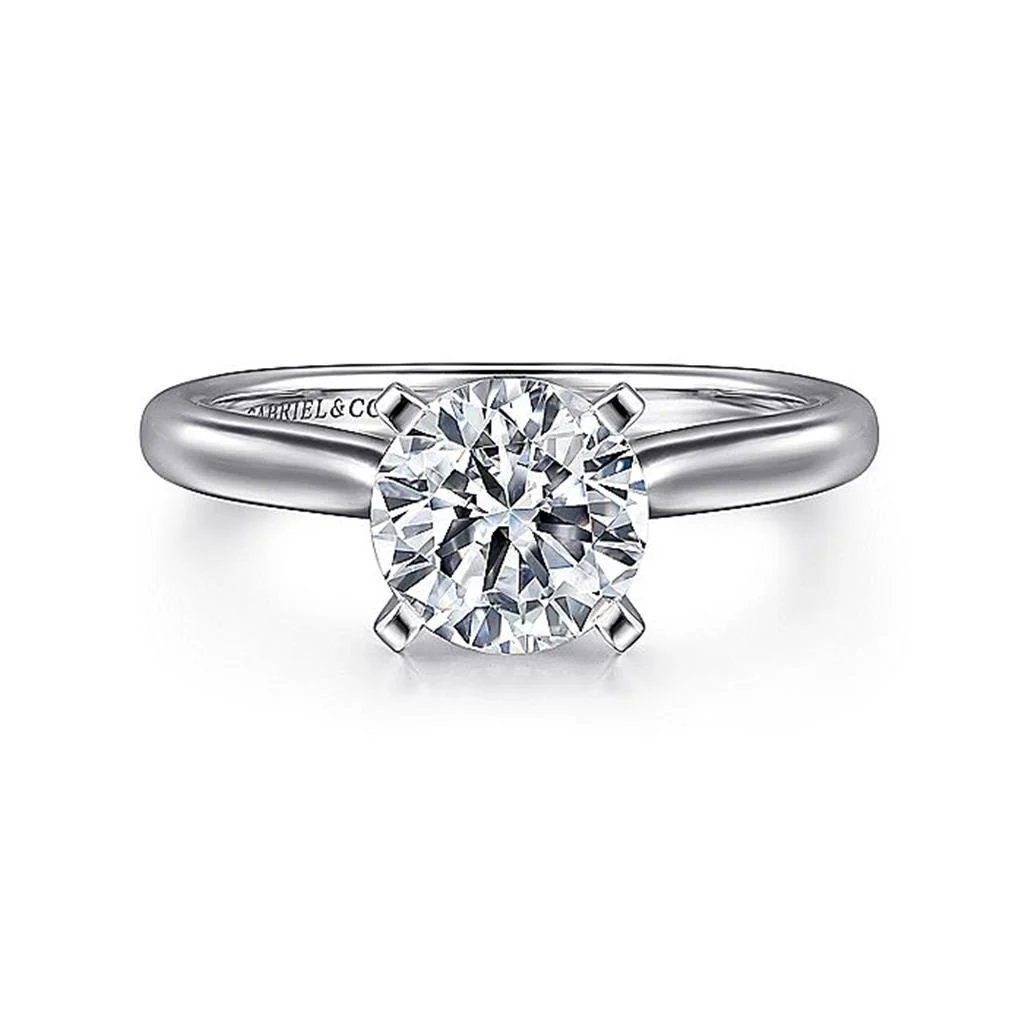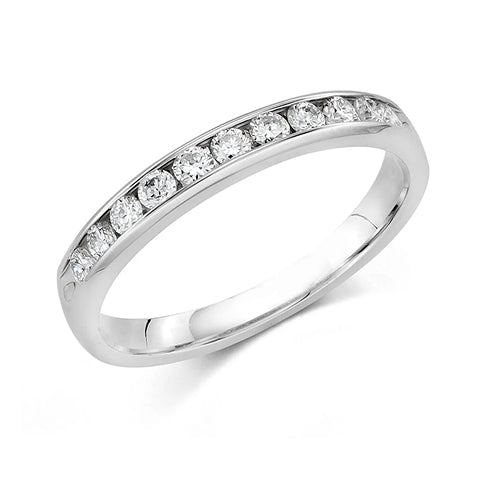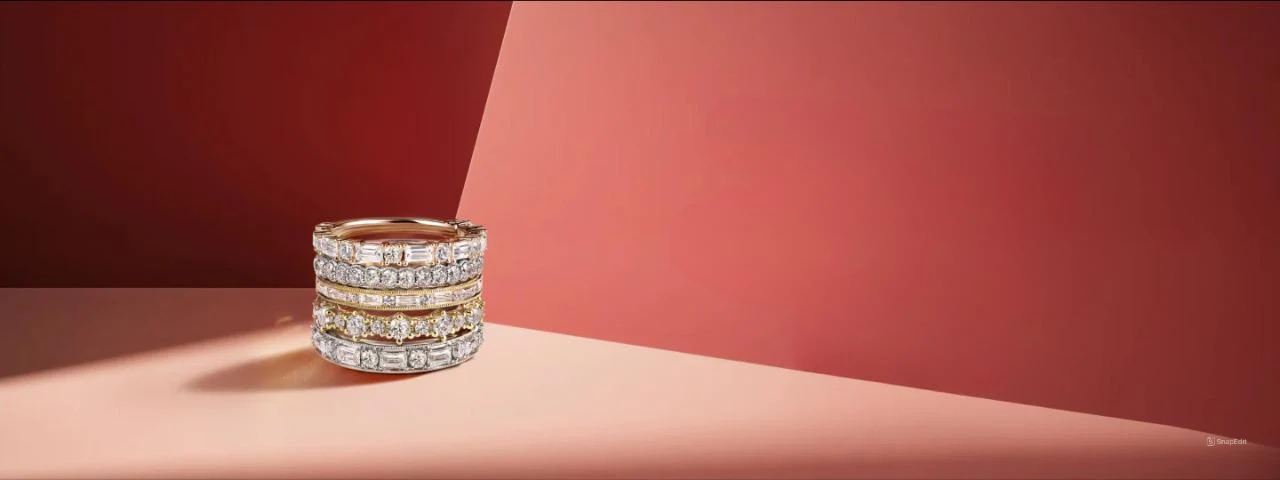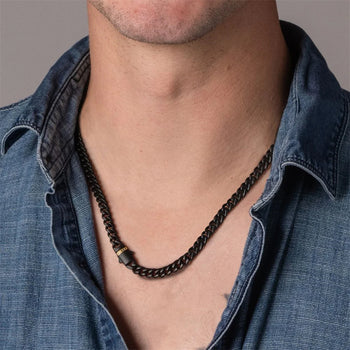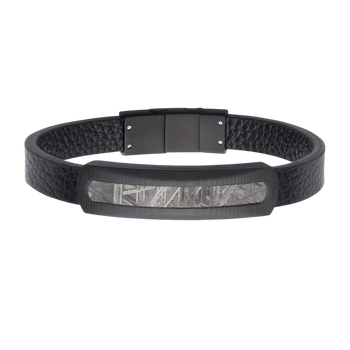
Coronavirus and Your Jewelry: What You Need to Know
There is no denying it, our reality has changed significantly over the last month due to the coronavirus. New ‘norms’ are being established as people adjust to heightened hygiene habits. Handwashing should have already been standard behavior for most Americans, but if it wasn’t then, it most certainly is now.
At this point, we have all gotten the memo to ‘Wash your hands!’ It is a trending hashtag on Twitter and people are continually shouting it from the proverbial parapets. Amidst this flurry of constant handwashing, what does it mean for jewelry like wedding bands and engagement rings? Should you separately sterilize your jewelry, or temporarily remove all your rings and even watches until COVID-19 retreats? These seem like fair questions at this point.
Removing Your Rings Before Washing Your Hands? Think Again!
As you’d imagine, if you remove your rings to wash your hands, you should disinfect your rings too. What would be the point in washing your hands if you’re just going to put contaminated rings back on clean hands? But even if you do go the extra mile to sterilize your rings before putting them back on, is it really a risk you want to take? It may be that not wearing jewelry at all is the best decision.
According to a study from Georgia State University, healthcare professionals that wore rings while on the job created "a protected area in which bacteria can flourish," researchers wrote. It was also discovered that individuals that decided NOT to wear rings during their workday, combined with regular handwashing, were able to kill more germs than those that decided to keep their jewelry on.
And if you thought you could continue to wear your jewelry and just use hand sanitizer, well you’d run into the same problem. Not only is hand sanitizer harmful to certain gemstones and precious metals, but researchers found that nurses who kept their rings on and used antimicrobial soap or wipes wound up with more bacteria on their hands afterward, as opposed to healthcare workers that simply left their rings at home.
Viruses like the novel coronavirus flourish in the crannies of our hands. Rings create even more places for germs to hide. Obviously this is just another sacrifice we have to make as we struggle through this pandemic as a united front, but these minor behavioral adjustments are vital to the health and safety of others. Removing your jewelry will help to ensure you are effectively washing your hands and not spreading the virus onto other surfaces.
How to Wash Your Hands, Properly

For the sake of spreading useful information instead of germs, we thought it would be helpful to include The Centers for Disease Control and Prevention (CDC) step-by-step guide to properly washing your hands and when to wash your hands.
5-Step Hand Washing Instructions -
- Get your hands wet under warm running water
- Apply soap and rub your hands together to get a good lather going
- Thoroughly scrub your hands for a minimum of 20 seconds. A helpful strategy is to sing the “Happy Birthday” song twice from beginning to end.
- Proceed to rinse your hands under clean running water
- Dry hands with a clean towel
Reminder: If you don’t have access to soap and clean water, the second-best option is hand sanitizer. Be aware that sanitizers don’t get rid of every type of germ. Make sure to rub the sanitizer on your hands for 20 seconds to ensure you get it everywhere.
When to Wash Your Hands -
- Wash hands after blowing your nose, coughing or sneezing
- Always wash hands before, after and during food prep
- Wash hands before eating
- Before and after shopping or being in a public place
- After using the bathroom
- Wash hands before, during and after caring for someone who is sick
- After handling per food or treats
- Thoroughly wash your hands after handling garbage
Jewelry You Should Stop Wearing for the Time Being
There are some metals like copper and stainless steel that are rumored to shorten the lifespan of the virus based on their elemental composition, but this is hardly something you should rely on during this time of high-alert.
As mentioned above, deciding to temporarily not wear rings and watches is the best way to minimize the chance of contaminating other surfaces with COVID-19. But it should be acknowledged, aside from the obvious deterrents, certain types of gemstones and precious metals don’t fare well when they come in contact with sanitizers and constant hand washing.
Organic gems like coral, pearls, opals, and turquoise can be damaged if they regularly come in contact with hand sanitizers or harsh antibacterial soaps. The same can be said for most kinds of crystal rings as well. Since your jewelry is important to you, take one for the team and leave your precious jewels at home for the time being. Not only will you be saving your gemstones from coming in contact with harsh chemicals, but you’ll be doing your part to help keep your community germ-free.
Jeweler’s Touch Is a GIA Certified Jewelry Retailer
Since Jeweler’s Touch opened its doors in 1992, our team of GIA certified gemologists, accredited jewelry professionals, and skilled goldsmiths have been offering clients high fashion jewelry and exceptional engagement rings to punctuate the most memorable times in your life. You can rest assured that you are receiving the highest quality gemstones and educated jewelry advice from Jeweler’s Touch.
Although we are currently closed due to COVID-19 and State and Local mandates, we are available to answer any questions you might have for our team via our website and we will contact you as soon as we are able. We appreciate all of our customers and look forward to reopening and seeing you all very soon. Follow us on Facebook and Instagram for updates.
- Tags: All news Jewelry Collection

